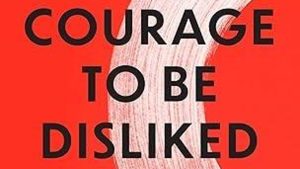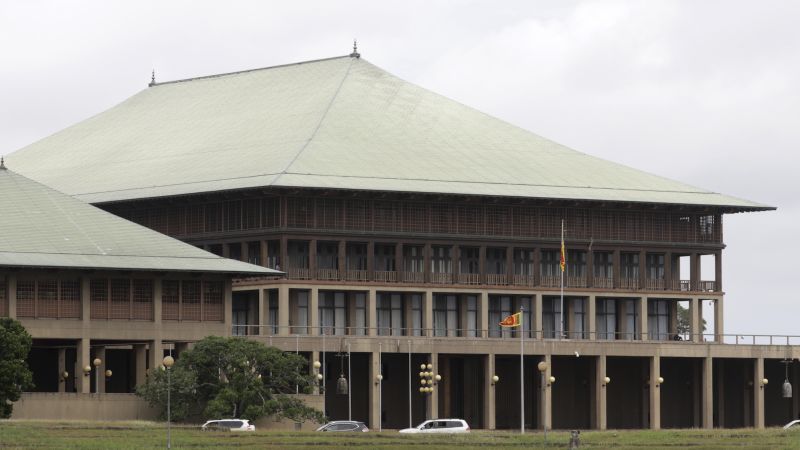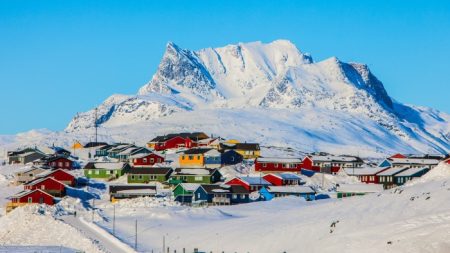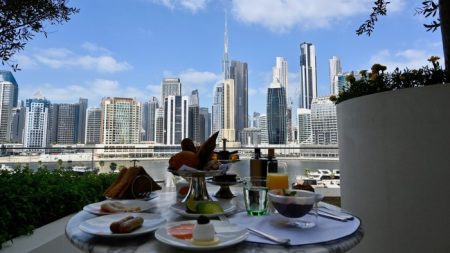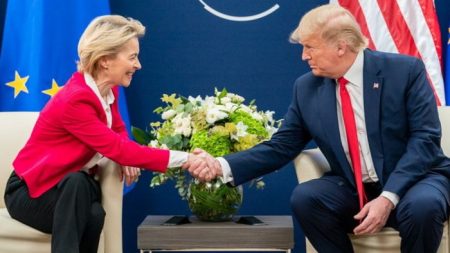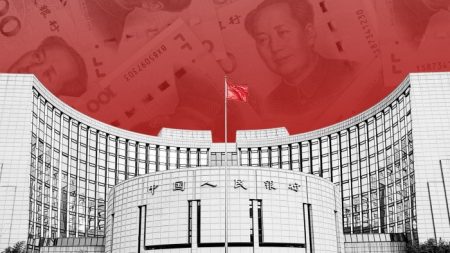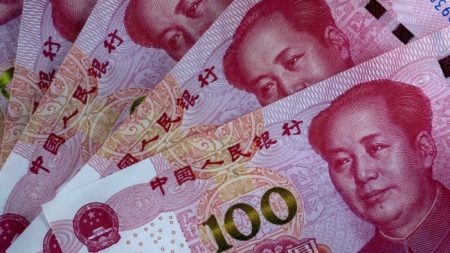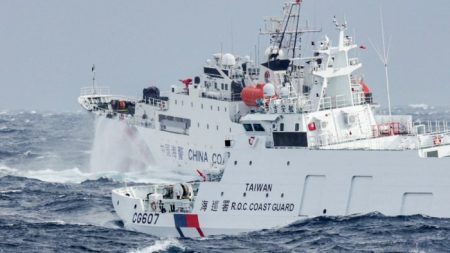Sri Lanka’s lawmakers passed a bill on Wednesday regulating internet use among its citizens, in a move that has sparked fears among rights groups of a free speech crackdown.
The Online Safety Bill, which passed with 108-62 votes, aims to “make provisions to prohibit online communication of certain statements of fact in Sri Lanka” and “prevent the use of online accounts and inauthentic online accounts for prohibited purposes.”
The bill will also create an “Online Safety Commission,” a five-member committee appointed by the president, to “issue directives to persons who communicate prohibited statements under this Act to stop the communication of any such statements.”
Sri Lanka’s government says the bill will provide protection against online abuse, but rights groups have criticized its position, claiming the bill is instead aimed at stifling dissent and criticism.
“Sri Lanka is still reeling from an economic crisis partly caused by misgovernment and failures of accountability,” said Human Rights Watch Deputy Asia Director Meenakshi Ganguly in a statement Tuesday. “In 2022, months-long protests demanding reform toppled the prime minister and president. Since coming to power that year, President (Ranil) Wickremesinghe has moved to stifle dissent.”
The Asia Internet Coalition, an industry group, opposed the bill when it was first announced in September last year.
Managing Director Jeff Paine said in a statement at the time that “the bill provides for a draconian system to stifle dissent and Sri Lankans’ rights to expression.”
He added: “While our member companies take seriously the online safety of those who use their services, legislation should not dampen innovation by restricting public debate and the exchange of ideas that can consequently impact the digital economy.”
The United Nations Human Rights Office also spoke against the bill in October.
Raising issue with its proposed punishments for violators, the organization said it “includes an overly broad definition of terrorism and grants wide powers to the police – and to the military – to stop, question and search, and to arrest and detain people, with inadequate judicial oversight.”
Nearly two years ago, Sri Lanka was rocked by monthslong protests over the country’s worst economic crisis in 73 years.
Then-President Gotabaya Rajapaksa was forced to flee the country after angry protesters, who blamed him for the financial situation, stormed his residence.
Rajapaksa resigned from his post, paving the way for current President Wickremesinghe to take over. But rights groups have accused him of cracking down on dissent and silencing protesters.
“Sri Lanka’s repressive laws have facilitated widespread human rights violations for decades and contributed to economic and political crises,” said Ganguly.
Read the full article here

